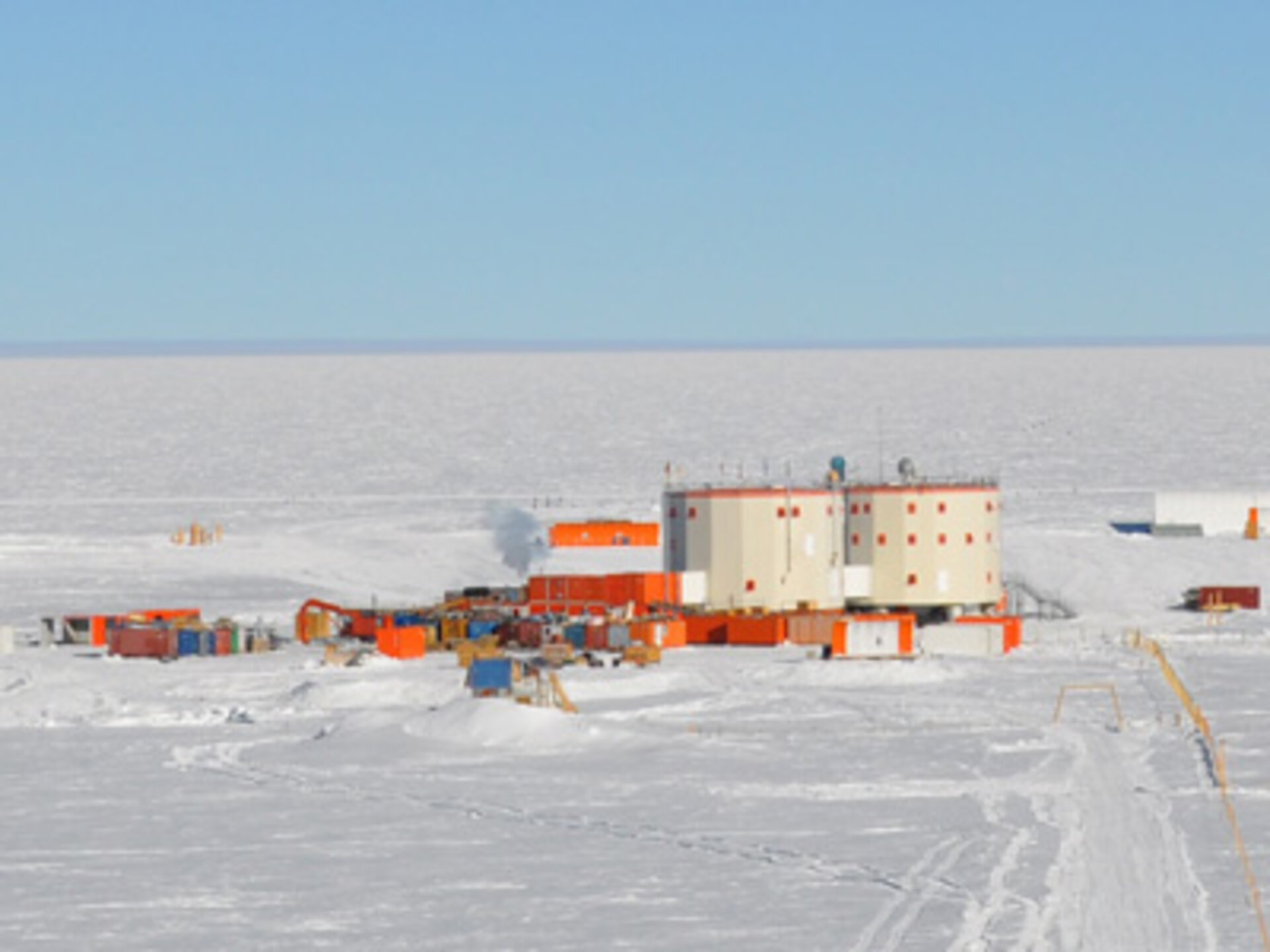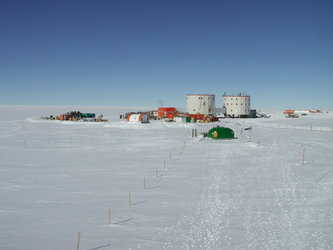Doctor needed in Antarctica
It’s harsh, demanding, isolated and even hostile, but a unique place: Concordia research station in Antarctica. ESA is now looking for someone with medical training to join the next crew to overwinter in Concordia.
Right now, 13 people are living in Concordia down in Antarctica. While we enjoy summer here in the north, the southern hemisphere is cooling and most of the great continent around the South Pole is frozen under the long, dark winter.
Typically in February, research stations in Antarctica either close down for the winter or prepare for months of solitude, reliant on their own resources and communicating with the outside world only via radio. The first expeditions of the next summer won’t arrive until November.
The French-Italian Concordia research station is one of the few permanent stations in Antarctica. Built on an ice plateau 3200 m up in one of the remotest places on Earth, the station hosts many research projects, from meteorology and glaciology to astronomy, technology and human biology.
Like a long spaceflight

Concordia is impossible to reach or leave during the winter months and any problems have to be solved by the crew on their own. The difficulties of overwintering are still worth the effort, though, because the season offers many possibilities for unique research.
Concordia is in many ways like a space station, so ESA began cooperating in 2002 with the station’s builders and operators: the French Polar Institute (Institute Paul Emile Victor, IPEV) and the Italian Antarctic Programme (Consorzio per l’Attuazione del Programma Nazionale di Ricerche in Antartide, PNRA).

ESA’s main interest is in understanding how our bodies and minds adapt to extreme environments – knowledge that helps us to cope with the challenges of long flights aboard the International Space Station and future missions to Mars. Physiological and psychological information is collected from all Concordia crewmembers during their stays.
To help collect physiological data, ESA has developed an easy-to-use, minimally intrusive, integrated monitoring device, to be used routinely for the first time in the coming season.

Paging a crewmember
As in previous years, ESA is sponsoring one crewmember with a medical background to spend the 2011 winter at Concordia.
If you are interested in this almost-out-of-this-world experience and in facing the harsh Antarctic winter, click here: 'Call for candidates'. The deadline for applications is 7 July.








